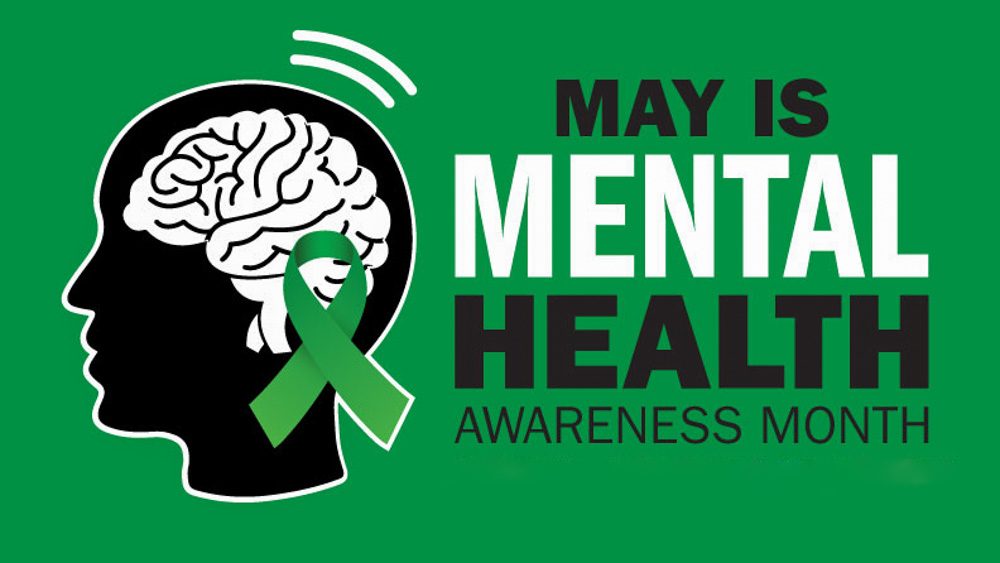Are You Highly Sensitive? Research Links These 3 Personality Traits to Increased Mental Health Risks in the Philippines

We've all heard that mental wellbeing is crucial, but understanding why some individuals are more susceptible to mental health challenges is key to prevention and support. Recent research sheds light on a compelling connection: specific personality traits may significantly increase the risk of developing mental health issues. While it might seem intuitive that traits like neuroticism are linked to difficulties, the science behind it is fascinating and has important implications for Filipinos.
Understanding Neuroticism and its Impact
Neuroticism, often described as a tendency to experience negative emotions like anxiety, worry, and sadness, is one of the 'Big Five' personality traits. It's not simply about being 'moody'; it’s a deeply ingrained pattern of emotional reactivity. Research consistently demonstrates a strong correlation between high neuroticism and a greater likelihood of experiencing conditions like depression, anxiety disorders, and even panic attacks. The core components of neuroticism – emotional instability, vulnerability to stress, and a tendency towards rumination – directly contribute to these increased risks.
Beyond Neuroticism: Two Other Key Traits
But the research doesn't stop at neuroticism. Two other personality traits have also emerged as significant predictors of mental health challenges:
- Low Agreeableness: Individuals low in agreeableness often display traits like skepticism, competitiveness, and a lack of empathy. This can lead to strained relationships, social isolation, and increased stress, all of which contribute to poorer mental health outcomes.
- Low Conscientiousness: Conscientiousness reflects a person's level of organization, responsibility, and self-discipline. Those with low conscientiousness may struggle with planning, impulse control, and following through on commitments. This can result in feelings of overwhelm, guilt, and a lack of control, negatively impacting mental wellbeing.
Why This Matters in the Philippines
The Philippines, like many countries, faces unique challenges regarding mental health awareness and access to care. Cultural factors, stigma surrounding mental illness, and limited resources can all exacerbate the impact of these personality-related risks. Understanding these connections empowers individuals to proactively manage their mental wellbeing and seek support when needed.
What Can You Do?
Recognizing these personality traits isn't about self-criticism; it's about self-awareness. Here are some steps you can take:
- Self-Assessment: Consider taking a reputable personality test (like the Big Five Inventory) to gain a better understanding of your own traits.
- Mindfulness and Stress Management: Practices like meditation, yoga, and deep breathing can help manage anxiety and emotional reactivity, particularly for those high in neuroticism.
- Build Strong Relationships: Nurturing positive and supportive relationships can buffer against the negative effects of low agreeableness.
- Develop Structure and Routine: For individuals low in conscientiousness, establishing clear routines and breaking down tasks into smaller steps can reduce feelings of overwhelm.
- Seek Professional Help: If you're struggling with your mental health, don't hesitate to reach out to a mental health professional. Teletherapy options are increasingly accessible in the Philippines.
By understanding the link between personality traits and mental health, we can foster a more supportive and proactive approach to wellbeing for all Filipinos. Remember, seeking help is a sign of strength, not weakness.






